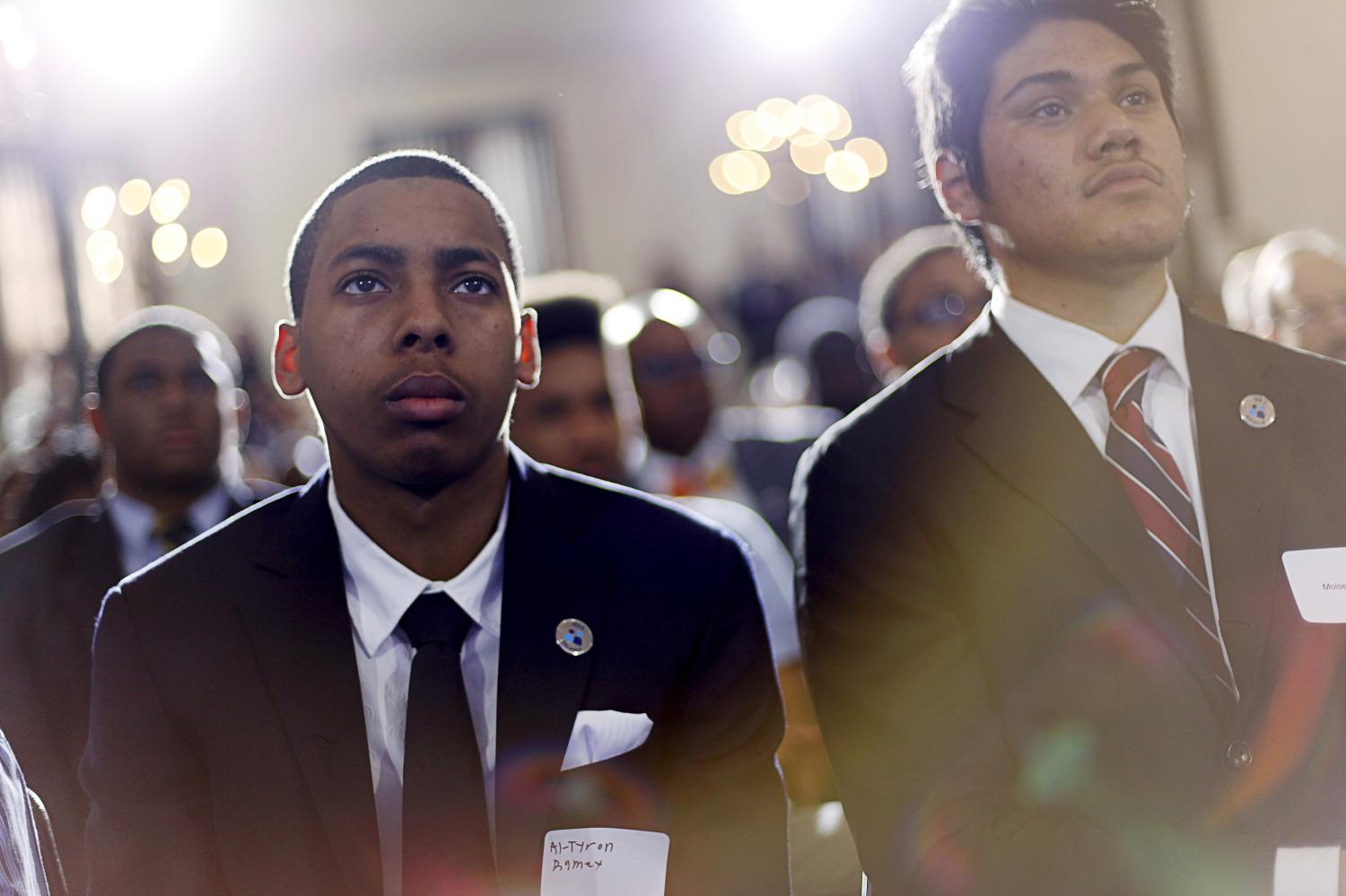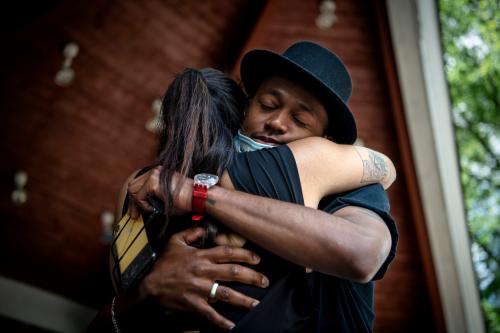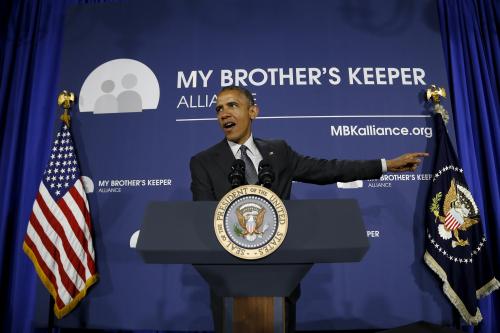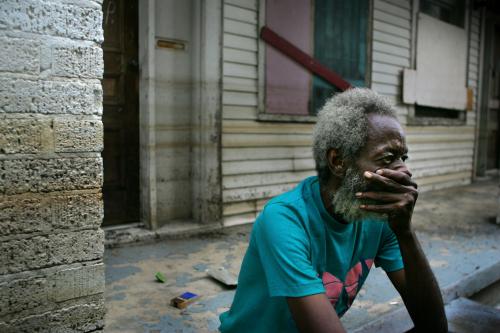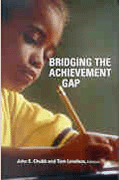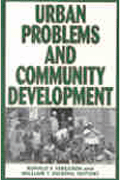There are deep structural issues that continue to plague poor and working-class minority youth in America, writes Fredrick C. Harris in a new paper. This demographic must navigate failing schools, a rapacious criminal justice system, and a society where upward mobility is becoming a challenge for all but the affluent. And young black men, in particular, are more likely to be the perpetrators and victims of violent crimes, especially in the case of murder. In light of this harsh reality, on February 27, 2014, President Barack Obama unveiled My Brother’s Keeper, a White House initiative whose purpose is to combat the difficult social conditions facing minority boys and young men in the United States.
In “The challenges of My Brother’s Keeper,” Harris lauds many of the goals of the White House initiative while also suggesting that it may fall short of its goals given its misplaced emphasis on character building. Human capital development and behavior-altering strategies will not succeed, Harris argues, unless policies are put in place which will dismantle the marginalization of poor and working-class minority youth. In fact, says Harris, much of rhetoric about personal responsibility—touted by President Obama at events including the unveiling of the My Brother’s Keeper initiative—does not match reality and only reinforces existing stereotypes about black men, particularly as fathers.
Truly overcoming the marginalization of minority youth will require intense public engagement, as well as a change in rhetoric, says Harris. He makes several policy recommendations:
- While marriage has been promoted as a solution to the crisis of black male youth, the focus should be on creating policies that support poor and working-class unmarried parents who may lack the financial resources affluent families have to provide for their children.
- Expand educational opportunities for prisoners and ex-offenders and break down barriers that prevent ex-offenders from successfully obtaining employment.
- Invigorate the dormant state commissions on the status of black males and collaborate with commissions that are already engaged; many of the policy changes that My Brother’s Keeper hopes to address will have to be tackled on the local and state level.
Harris concludes that if My Brother’s Keeper’s modest targeted investments remain the same, existing laws and practices that perpetuate the conditions that poor and working-class minority youth face will end up counteracting the good works that the initiative is trying to accomplish.
The Brookings Institution is committed to quality, independence, and impact.
We are supported by a diverse array of funders. In line with our values and policies, each Brookings publication represents the sole views of its author(s).

